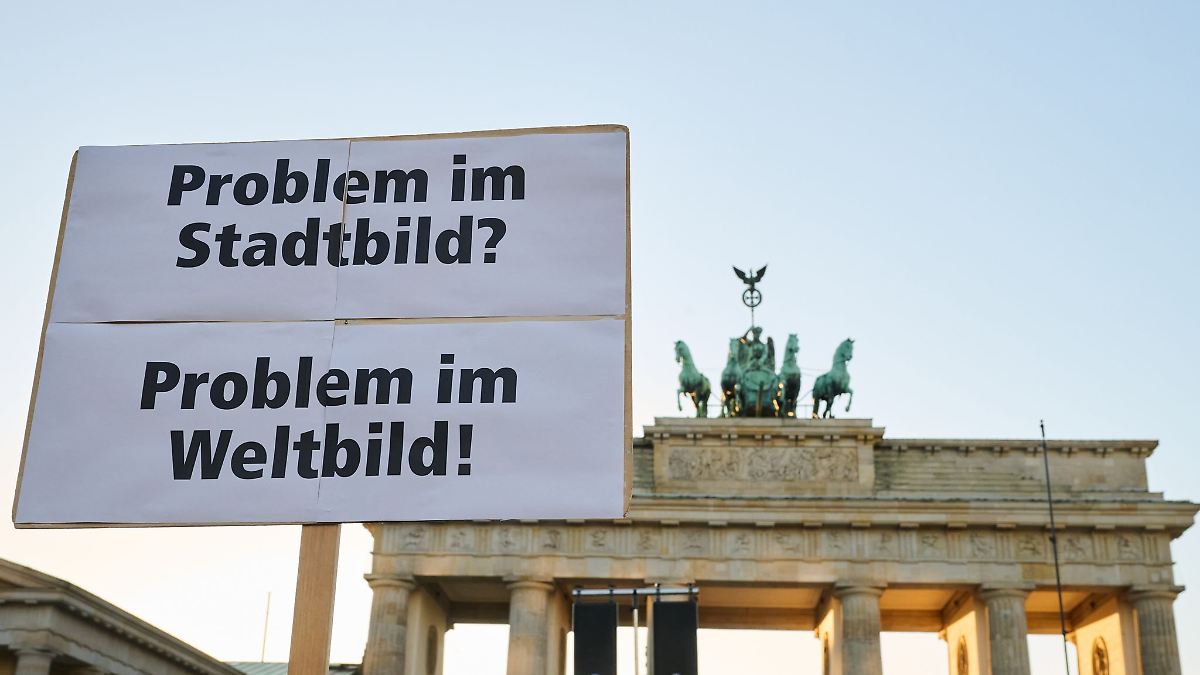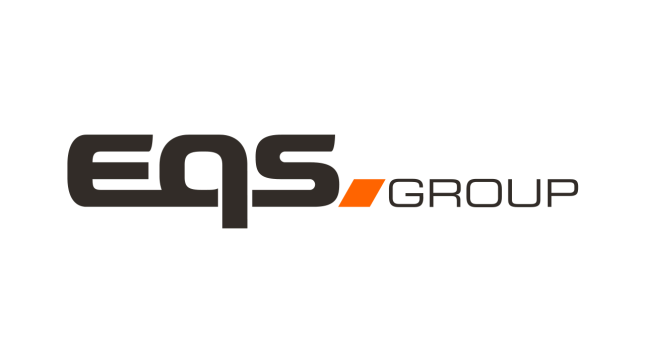![]()
European consumers are setting clear expectations for the proposed digital euro, with a recent survey revealing that 55% prioritize security and reliability, 53% demand ease of use, and 49% expect minimal or no fees. The comprehensive study conducted by the European Consumer Organisation (BEUC), Euroconsumers, and International Consumer Research & Testing (ICRT) across ten eurozone countries highlights the public's requirements for any new digital payment method. These findings come as the European Central Bank (ECB) advances its plans for a digital version of the common currency.
Despite years of development work by eurozone central banks under ECB leadership, consumer awareness remains strikingly low. The survey conducted between May 19 and June 3 this year found that 42% of adults and 51% of youth had never heard of the digital euro. Even among those familiar with the concept, only about 11% of adults aged 18-74 and nearly 9% of youth aged 14-17 feel well-informed about the initiative. The research involved 10,227 people across ten euro countries, including 1,539 teenagers.
The digital euro project represents Europe's strategic response to reduce dependence on non-European payment providers. ECB Executive Board member Piero Cipollone has indicated that 2029 could be a realistic timeline for implementation. The initiative aims to counter the dominance of US-based payment giants like PayPal, Mastercard, and Visa in Europe's digital payments market. Dorothea Mohn, a financial market expert at the Federation of German Consumer Organizations (vzbv), notes that while the digital euro presents a significant opportunity for European payment independence, its success hinges on consumer adoption.
The ECB Council is expected to decide by the end of 2025 whether to proceed to the next preparation phase. However, the project faces skepticism from banks and savings institutions questioning whether the investment is justified, particularly given the recent July 2024 launch of Wero, a payment service developed by a consortium of European banks. This alternative European payment solution adds complexity to the digital euro's path forward as policymakers weigh competing approaches to strengthening Europe's digital payment infrastructure.

Hundreds of demonstrators gathered at Berlin's Brandenburg Gate on Sunday evening, forming a sea of lights with mobile phone torches and lighters to protest for diversity and against racism. The rally came just days after German Chancellor Friedrich Merz made controversial comments about...

The International Biathlon Union is confronting climate change head-on with experimental roller-ski competitions, staging the Loop One Festival in Munich's Olympic Park as both a public showcase and practical preparation for potentially snowless winters. Top athletes from around the world...

MUNICH — Knorr-Bremse AG, the German manufacturer of braking systems for trucks and trains, announced on Monday it has agreed to acquire Dutch digital services platform TRAVIS Road Services International B.V. The deal, valued in the mid-double-digit million-euro range, represents the latest...

Swiss cement conglomerate Holcim has agreed to acquire German building materials manufacturer Xella for €1.85 billion, marking a significant strategic move in the European construction sector. The transaction, announced on Monday, is expected to be finalized in the second half of 2026,...

Baden-Württemberg's camping industry is poised for a record-breaking year, with camping enthusiasts flocking to popular regions like the Black Forest and Lake Constance. Kurt Bonath, chairman of the State Association of the Camping Industry in Baden-Württemberg, reported that many campground...